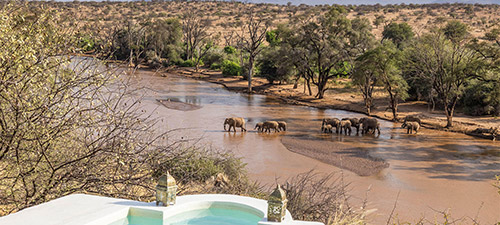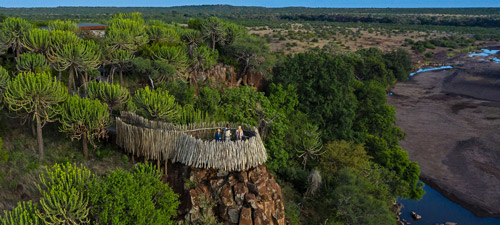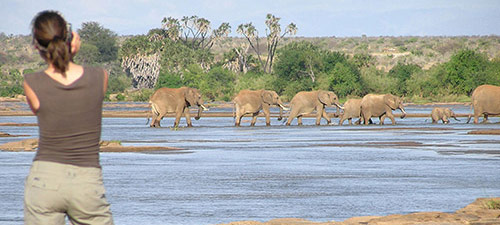The Tikki Hywood Trust is an organisation that focuses on the conservation of lesser-known endangered animals. Their flagship species – pangolins – has found its way into mainstream media as the most trafficked animal in the world.
What is the Tikki Hywood Trust?
The Trust is a wildlife-based Non-Governmental Organization (NGO) whose focus is on generating awareness based on the legislation that governs conservation practices. Founder Lisa Hywood wanted to do something that honoured the memory of her father who inspired a love of the wild and an ability to get results. It is this ethos and the determination to preserve the heritage that is our natural world, which drives the Trusts’ work with pangolins.

Lisa is adamant that, “conservation is not just cute and cuddly”. While her childhood passion and first love are the animals that she fights so hard to protect, she maintains an expansive view of conservation that reaches over and beyond the animals. “Sitting with members of different departments, developing strategies, strengthening wildlife protection, challenging legislation which protects wildlife and training different groups of people, officials stake holders… this is all part of conservation. That is the reality of conservation,” she says.
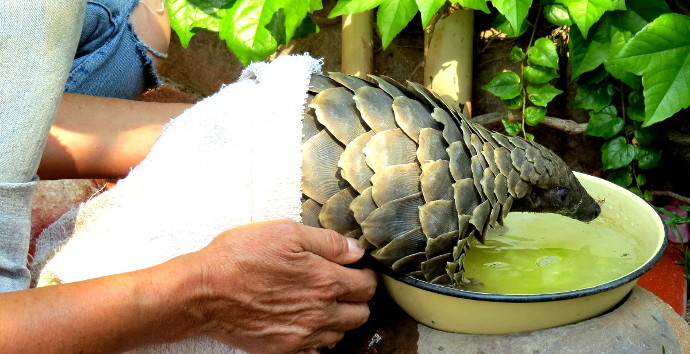
In the early days…
What most people don’t know about the Tikki Hywood Trust is that the animal that launched them was the elephant. In 1994, due to the drought in Zimbabwe, the Trust was involved with the first translocation of 40 bull elephants. It was an experience that made a lasting impression on Lisa.
What is more remarkable, however, are the parallels she draws between the two species. “With elephants,” she begins “we relate to them because we can see the similarities between ourselves and them. But I can honestly say that pangolins, even though they are incredibly different, have intelligence that I don’t even think we have begun to understand.”
The lack of knowledge and understanding of the pangolin inspired so much of the Trusts’ work with pangolins. In 1994, Lisa received her first pangolin in what she describes vividly as a “foul-smelling sack” that contained a “heavy lump”. Not knowing what to do, Lisa began walking with the pangolin. Her name was Negomo and it was this intensive interaction, observation and dedication to her that enabled the Trust to help pangolins around the world.
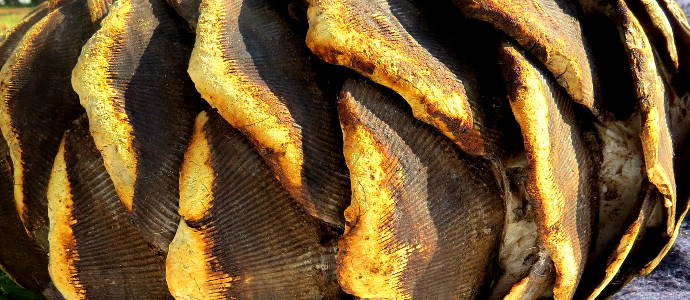
Awareness and the importance of legisation
The Tikki Hywood Trust’s approach is based on conservation, education and legislation. Lisa says that in Zimbabwe, the key species in terms of legislation is the pangolin, “when we do change legislation we don’t just change it for the pangolin. We change it for the A-Z of all species”. It is through the work that the Tikki Hywood Trust has done that legislation for wildlife has been changed and Lisa says that the challenge is to get stakeholders to focus on and to understand the laws pertaining to wildlife and prosecution within their own countries.
Many stakeholders, from conservation officials to police and the judiciary are unaware of the law. As a result of this many poachers simply fall through the cracks before they even get to court. The onus, therefore, falls on educating the various stakeholders and addressing legal loopholes that are outdated. “Don’t be afraid to address the law. If it is not working then we must address it because it is the law and the law is there to act as a deterrent,” says Lisa.
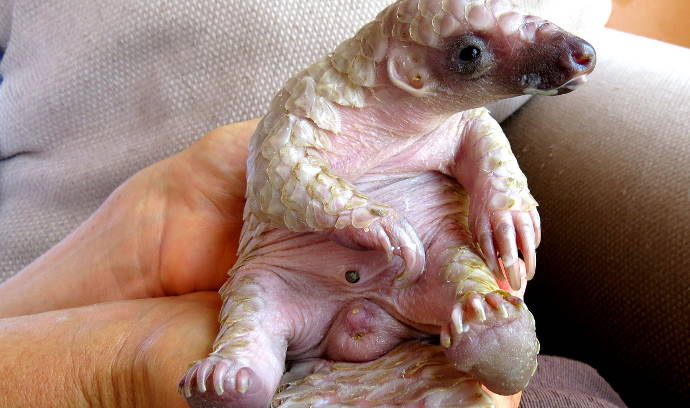
As an example, South Africa has the strongest legislation pertaining to pangolin protection in the world. Illegal possession of a pangolin can result in a fine of US$694,000 and ten years in jail. Despite this hefty punishment, there have been no convictions for pangolin poaching. The result, Lisa believes, of a lack of awareness from law enforcement and judiciary. It indicates a disconnection between the legislation and what is happening on the ground.
In Zimbabwe, the punishment is 9 years on the first offence, 11 years on the second offence and a US$5,000 fine. In 2015 forty-seven poachers were convicted to 9 years in jail. For people who are trying to provide for their families, this is a hefty price to pay and so acts as a real deterrent. Lisa maintains that “education is key across the board”. In 2016 alone, the Trust did 5 workshops with the judiciary, stakeholders, police and personnel that are involved from point of arrest to prosecution. In this way, through education, the Tikki Hywood Trust affects positive change.
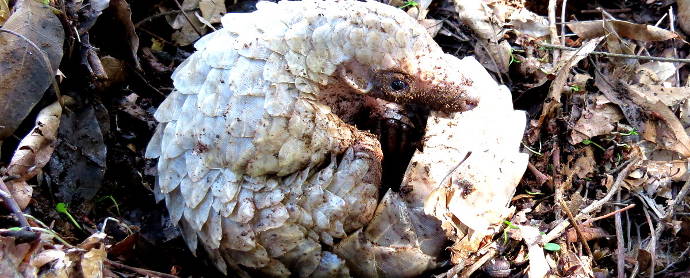
Trust and collaboration
In a very real way, the Tikki Hywood Trust is forging connections across different social spectrums. In December of 2016, Lisa flew to London for the launch of the Patrick Mavros collection of pangolin jewellery; a collection that was three years in the making. It was through this collaboration that Adrian Steirn was invited to document the Trust’s work. The series of images “The Pangolin Men” was exhibited alongside the jewellery at the launch. While 10% of the proceeds go towards pangolin conservation, more importantly, the marriage of the different mediums got everyone talking about pangolins!
In a way that transcends the usual conservation models, the Tikki Hywood Trust, through these collaborations, is spreading the word and generating both interest and awareness. As Lisa says, it is not about the individual, “you have to join at the hands and walk together.”
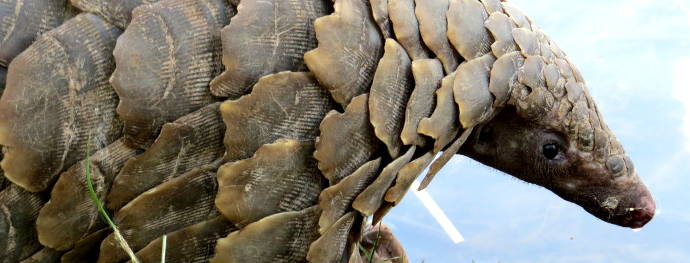
And the future?
The scary thing for Lisa is that the Tikki Hywood Trust has expanded on its own. As an entity, it has grown because the policies have had an impact on the ground and this is what makes a real difference to wildlife. “One day,” says Lisa, “I am not going to be here and I want to know that the work we have done will continue, and will continue to have an impact in a positive way”.
The Tikki Hywood Trust has the potential to continue this work because it is a multifaceted team that has developed over 22 years. It is not just people that are linked directly to the Trust but groups of people, from the police to the magistrates to the public prosecutor, Zimbabweans who want a heritage for tomorrow. “We have all come together, shared the passion and the drive and the determination,” says Lisa, and what she finds incredibly encouraging is that the “strength that we have presented to one another is what creates and achieves the results at the end of the day.”
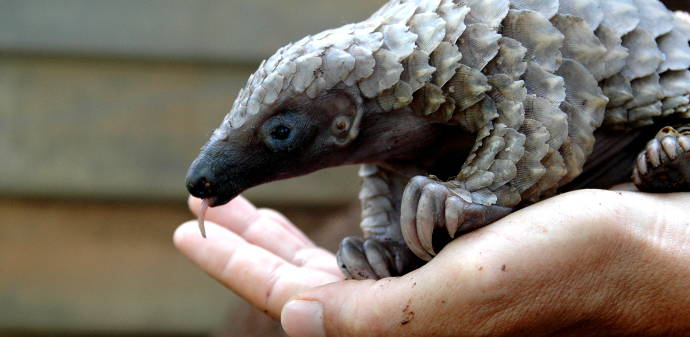
The Tikki Hywood Trust is leading by example. “Utilizing conservation and education as stepping stones towards a future where humans live in harmony with wildlife”. It is organisations like this that show us that wildlife touches everybody and that no matter who you are or where you live you can take responsibility for the world that you live in.
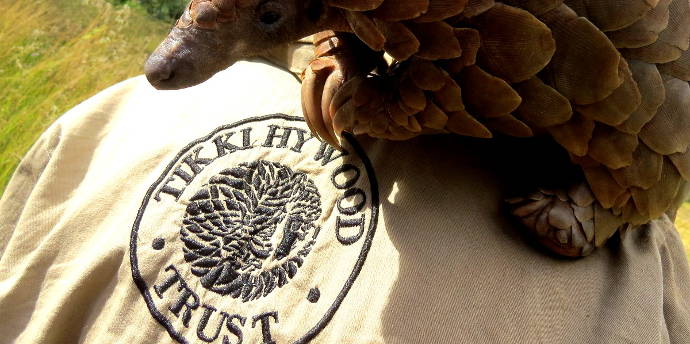
Also read: Fascinating pangolin facts
To comment on this story: Login (or sign up) to our app here - it's a troll-free safe place 🙂.![]()



